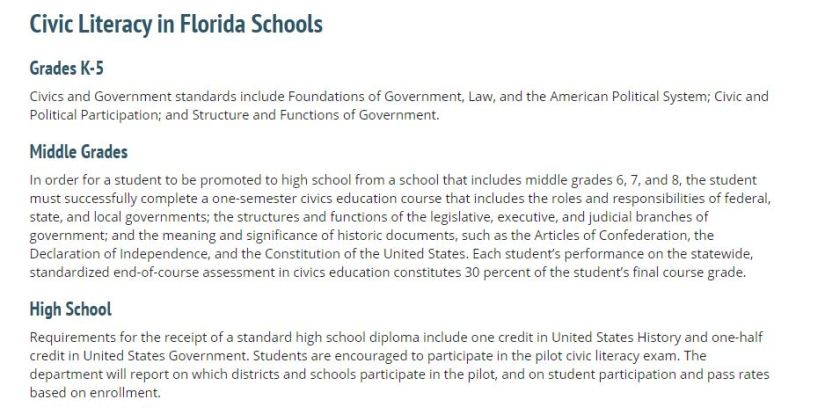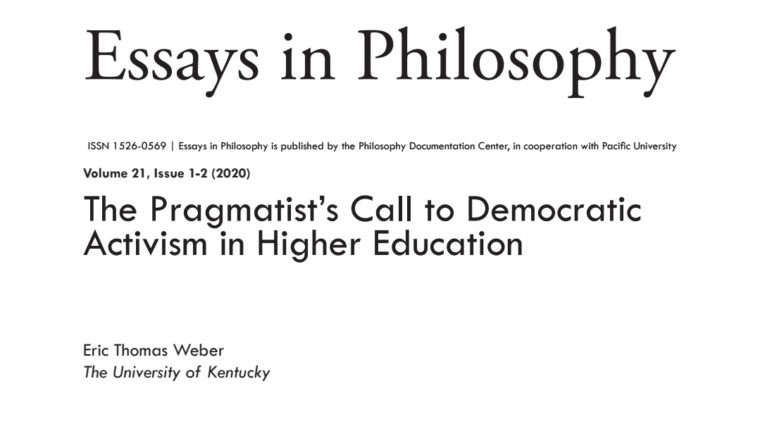Make sure you register to join NCDD partner org National Civic League‘s webinar on Taking Climate Actions at the Local Level (at 1 pm Pacific, 4 pm Eastern) and National Issues Forums Institute‘s webinar on Deliberative Conversation: Division in Our Country (at 5 pm Pacific, 8 pm Eastern). Tomorrow is our next NCDD Confab at 2pm Eastern on the Hidden Common Ground Initiative – register now!
Here are the upcoming D&D online events happening over the next few weeks, including NCDD sponsor org The Courageous Leadership Project, NCDD member orgs Living Room Conversations, as well as, from the International Association of Facilitators (IAF) and the Zehr Institute for Restorative Justice.
NCDD’s online D&D event roundup is a weekly compilation of the upcoming events happening in the digital world related to dialogue, deliberation, civic tech, engagement work, and more! Do you have a webinar or other digital event coming up that you’d like to share with the NCDD network? Please let us know in the comments section below or by emailing me at keiva[at]ncdd[dot]org, because we’d love to add it to the list!
Upcoming Online D&D Events – From NCDD
February Confab featuring the Hidden Common Ground Initiative

Thursday, February 20th
11 am Pacific, 2 pm Eastern
TOMORROW is the February Confab Call featuring the Hidden Common Ground Initiative, a joint project of USA TODAY, Public Agenda, the Kettering Foundation, and National Issues Forums.
Are there aspects of public issues where Americans can agree and work together to solve problems? Let’s tackle this question in Hidden Common Ground, the national election year public deliberation initiative. At the heart of the initiative are National Issues Forums in communities and online across the country about compelling public issues: health care, immigration, the economy, and divisiveness. USA TODAY will provide press coverage and commentary, Public Agenda will publish issue-based research, and Kettering Foundation will develop nonpartisan discussion guides. Since there are too few opportunities for Americans to discover their “hidden common ground,” participating in the year-long initiative is vitally important.
Please join us to learn more, to explore local partnerships and media connections, and to access free materials to use in your communities.
REGISTER: http://ncdd.org/community/confabreg-feb2020
From Our Sponsors & Partners
National Civic League AAC Promising Practices Webinar – Taking Climate Actions at the Local Level
![]() Wednesday, February 19th
Wednesday, February 19th
1 pm Pacific, 4 pm Eastern
TODAY! – Participants will hear from two cities that are taking on the issue of sustainability with resident-driven initiatives. The Office of Sustainability in Chula Vista, CA will discuss its Climate Action Challenge; the Sustainability Division in Lakewood, CO will discuss its sustainability plan, as well as the Sustainable Neighborhoods Program.
REGISTER: www.nationalcivicleague.org/resource-center/promising-practices/
The Courageous Leadership Project webinar – Why are these people yelling at me? Understanding outrage and opposition in the public arena
 Wednesday, March 4th
Wednesday, March 4th
9 am Pacific, 12 pm Eastern
Brave, honest conversations are how we solve the problems in our lives, organizations and communities. When we have brave, honest conversations we create connection, build trust and strengthen relationships – and when that happens, anything is possible. This webinar series covers a different topic each month – all tied to building skills, knowledge and leadership for brave, honest conversations. Some webinars are free, some have a small charge.
REGISTER: www.bravelylead.com/shop/freewebinarbhc
From Our Members
Living Room Conversations online – click here
 Race and Ethnicity: A Special Three-Part Series – (1st one has passed) Fridays, Feb 21 & Feb 28th
Race and Ethnicity: A Special Three-Part Series – (1st one has passed) Fridays, Feb 21 & Feb 28th- Fake News – Thurs, Feb 27th
- Mental Health – Sun, March 1st
- Lunch Hour: Technology and Relationships – Tues, March 3rd
- Weave the Social Fabric – Weds, March 4th
- The America We Want to Be – Weds, March 4th
- Parenting: Protecting and Empowering Children – Weds, March 11th
National Issues Forums Institute webinars  – click here
– click here
- Deliberative Conversation: Division in Our Country
- Weds, Feb 19th
- Tues, Feb 25th
- Hidden Common Ground Initiative: Health Care: How Can We Bring Costs Down While Getting the Care We Need? – Fri, March 13th
From the Network
International Association for Facilitators – click here
– click here
- Becoming a CPF with the IAF – Fri, Feb 21st
- IAF Methods Library Webinar – Fri, Feb 28th
 Zehr Institute for Restorative Justice – click here
Zehr Institute for Restorative Justice – click here
- Building Mutual Understanding Between Community and Police – Weds, Feb 19th


 Why do we need deliberative pedagogy? The short answer is that we can’t solve complex social problems if we can’t get together and talk about them. It seems simple, right? But in our current era of political polarization and retreat into comfortable, familiar social bubbles—where do we get together to have genuine interactions with people who have different opinions, views, and values? And have we lost (if ever collectively had) the skills to productively talk with one another once we are at the table together?
Why do we need deliberative pedagogy? The short answer is that we can’t solve complex social problems if we can’t get together and talk about them. It seems simple, right? But in our current era of political polarization and retreat into comfortable, familiar social bubbles—where do we get together to have genuine interactions with people who have different opinions, views, and values? And have we lost (if ever collectively had) the skills to productively talk with one another once we are at the table together?